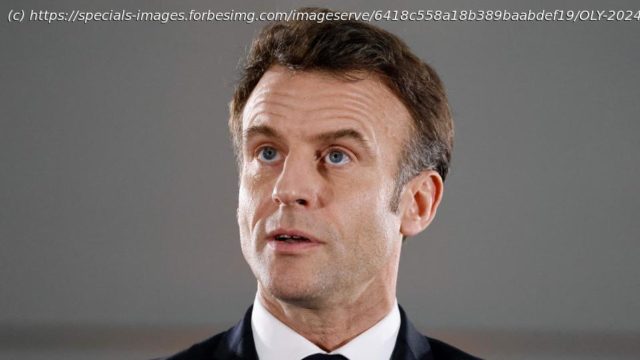The unpopular and widely protested bill will become law, raising France’s legal retirement age from 62 to 64 by 2030.
Topline
France’s controversial pension reform proposal will become law, raising the country’s retirement age by two years, after President Emmanuel Macron’s government narrowly survived a no-confidence vote Monday—the culmination of months of intense protests and strikes that have gripped the country.Key Facts
Macron unveiled a plan in January to gradually raise France’s legal age of retirement from 62 to 64 by 2030 in an effort to cut pension costs, and require people to work for 43 years—up from 42 right now—to receive a full pension, which averages about 1,400 euros per month after taxes.
As France’s population ages, Macron says the pension system will run a deficit in the coming years (the body that monitors France’s pension system has projected a deficit for the next decade, but denied the system faces an urgent threat of bankruptcy and admitted long-term deficits are difficult to predict).
Macron proposed raising the retirement age in his successful 2022 re-election campaign, though opinion polls conducted before the election showed a significant majority opposed this plan.
The proposal faced immediate resistance from labor unions, some of which issued a joint statement in January promising strikes, denying the pension system is in danger and stating “nothing justifies such a brutal reform.”
The Senate, the upper house of France’s parliament, approved Macron’s plan last week—but he forced the measure through the National Assembly, the lower house, to circumvent a full vote due to lack of support, as his centrist Renaissance party lost its outright majority last year.
Macron’s plan has faced resistance from across the political spectrum, including from Marine Le Pen’s far-right National Rally party and Jean-Luc Mélenchon’s far-left La France Insoumise, and many lawmakers booed and shouted “resignation” when the government announced the measure would be forced through the National Assembly.






